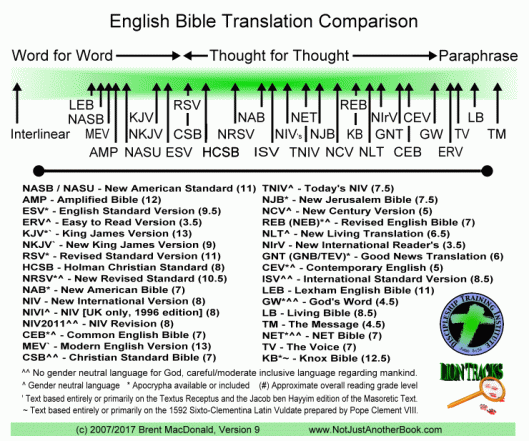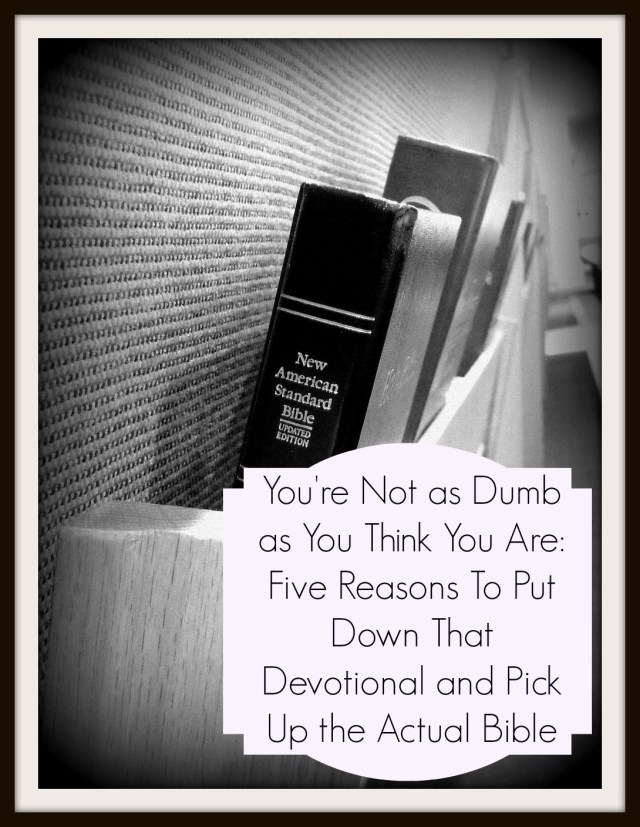
Have I told you lately that I love you? (Some of us are old enough to remember that song! :0) I really do love all of you readers and followers. It is an honor and a joy to serve you in Christ.
Sometimes in an article I’ll say something like, “If you’ve been around the blog for a while, you probably know that…yada, yada, yada.” Well, some of y’all haven’t been around the blog for a while, and to that, I say welcome! It’s always great to have more of the fam gathered ’round.
But because some of y’all are new, you aren’t yet aware of all of the resources here to help you. Let’s remedy that!
First, if you’re new (or if you’ve never read it), check out Blog Orientation for New Readers and Old Friends. It’s like a Cliffs Notes intro to the blog.
Second, be sure to familiarize yourself with all of the tabs in the blue menu bar at the top of the page. That’s where I keep the info I’m most frequently asked about.
Third, there’s a search bar at the bottom of every page (and one in the blue menu bar at the top of every page) which might help you find what you need.
And finally, let me get you newbies some answers to the questions several of you have asked recently. Some of you long time friends may have missed these along the way, so I hope they’ll be helpful to you, too!
Are there any sound Christian musicians anymore?
Yes, they’re just few and far between, and not as well known as the unsound ones. Check out this article which contains both artists to avoid and doctrinally sound artists, plus other helpful resources:
The Mailbag: False Doctrine in Contemporary Christian Music
My sister just got ordained by her church as a minister, also she is involved in deliverance ministries. She believes that God speaks outside of Scripture and promotes many false teachers. I’ve been praying for wisdom and compassion and the right opportunity to share. Any suggestions you may have would be greatly appreciated.
It is heartbreaking when a loved one forsakes sound doctrine and does a swan dive into the cesspool of rebellion and false teaching. If you need to approach a loved one in a situation like this, here’s some help:
The Mailbag: How should I approach my church leaders about a false teacher they’re introducing? (While this article is about approaching church leaders about false teachers, the same basic principles apply when approaching a loved one.)
Clinging to the Golden Calf: 7 Godly Responses When Someone Says You’re Following a False Teacher
Discernment: A Spiritual Battle, Not a Logical One
Discernment: What’s Love Got to Do with It?
Words with Friends: How to contend with loved ones at A Word Fitly Spoken
Which translation of the Bible do you recommend?
I think the two best English translations out there right now are the English Standard Version (ESV) and the New American Standard (NASB). I also highly recommend the MacArthur Study Bible. Check out more info on Bible translations, some to avoid, and more great resources here:
The Mailbag: Which Bible Do You Recommend?
Are you on any other social media that is in favor of free speech? I have deleted Twitter and am attempting to get off Facebook but I would still like to follow you.
This is an important one with all the censorship that’s taking place on the major platforms right now. I am currently on Facebook, Twitter, Instagram, Pinterest, MeWe, Parler, and Gab. (I also have a YouTube channel, but I’m not really using it at the moment.) My plan is to remain on Facebook and Twitter (and probably Instagram since it’s owned by Facebook) until I’m banned, then utilize my remaining platforms. You can always find the direct links to all of my social media accounts in the Contact and Social Media tab in the blue menu bar at the top of this page.
I have tried without success to find the answer to: As a woman is it violating 1 Timothy 2:11-12 for me to present the gospel to a man?
There’s a lot of confusion about what it means to “present the gospel” or “share the gospel” or “evangelize”. Some people use those as catchall terms for everything from a woman pastoring a church, to a mom reading a Bible story to her 2 year old, to posting a Bible verse on Facebook. If what you mean is a one on one conversation with a man in which you explain to him that he is a sinner, and how he can be saved (which is the actual defintion of the aforementioned terms), then the answer to your question is no. It is not a violation of Scripture for a woman to do that. See #11 here.
Got questions about the role of women in the church? Check out these resources:
Rock Your Role: A series of articles examining the Scriptures which pertain to the role of women in the church
Rock Your Role FAQs: Frequently asked questions about real life roles and activities in the church and whether or not women may biblically participate in them
Is X teacher, pastor, or author doctrinally sound?
Check the Popular False Teachers & Unbiblical Trends tab in the blue menu bar at the top of this page. These are the teachers I’ve actually written articles on.
If you don’t find the person you’re looking for there, find the search bar and type in the person’s name. (Make sure you spell it exactly right.) I may have mentioned the person you’re looking for in an article about someone or something else.
If you do both of these and you don’t get any hits, you can be confident that I haven’t written anything on the person you’re looking for. You’re welcome to email me asking about that teacher, but as you know (having read the “Blog Orientation” article linked above) I most likely won’t be able to answer. That brings us to our final resource here at the blog for researching and vetting teachers:
Is She a False Teacher? 7 Steps to Figuring it Out on Your Own
Who are some pastors, teachers, and authors you recommend?
You’ll find a list of several dozen at the Recommended Bible Teachers tab in the blue menu bar at the top of this page.
I live in X area. Can you help me find a doctrinally sound church?
The Searching for a new church? tab in the blue menu bar at the top of this page has multiple church search engines, churches recommended by my readers, information on church planting, what to look for in a doctrinally sound church, and how to biblically leave your current church. Just click and start searching!
Just a couple of notes:
- You’ll have to do the legwork of searching and vetting the churches for yourself. I can’t do that for you.
- If you’ve thoroughly searched every single search engine and can’t find an established church within achievable driving distance of your home, you may need to check around with local friends or denominational agencies, move, or start utilizing the church planting resources. You can email me, but I’m afraid I won’t be able to help. As I once joked with a friend, “I’m not Walmart. I don’t have any churches in the back stock room. Everything I have is out on the shelves.” :0)
Can you recommend a good women’s Bible study?
Yes, mine. You can find all of them – all free and all suitable for individual or group study, along with my philosophy of Bible study – at the Bible Studies tab in the blue menu bar at the top of this page.
No, I mean, can you recommend a pre-packaged book, DVD, etc., study by a well known Christian author?
No, because I recommend that women study straight from the text of Scripture itself (which is what my studies are designed to teach women how to do).
The Mailbag: Can you recommend a good Bible study for women/teens/kids?
If you have a question about: a Bible passage, an aspect of theology, a current issue in Christianity, or how to biblically handle a family, life, or church situation, comment below (I’ll hold all questions in queue {unpublished} for a future edition of The Mailbag) or send me an e-mail or private message. If your question is chosen for publication, your anonymity will be protected.








